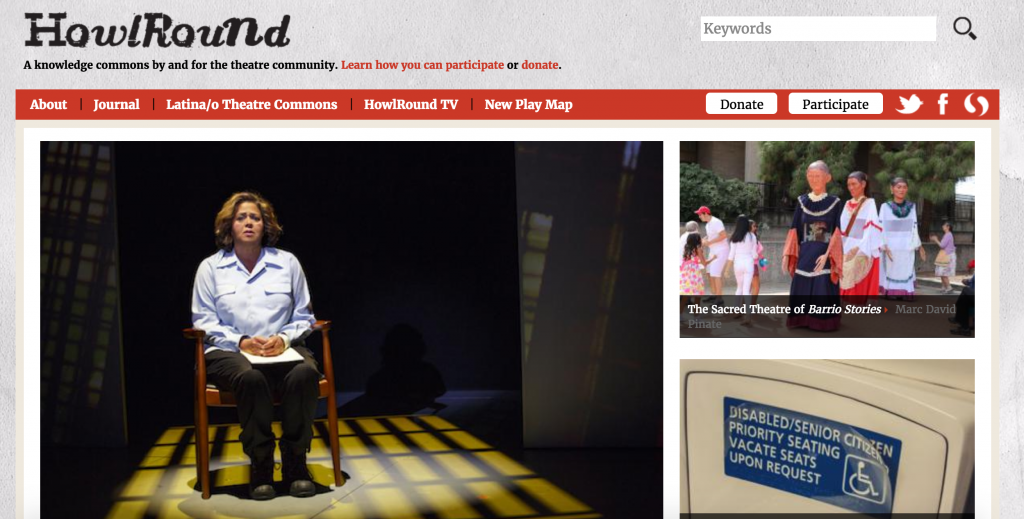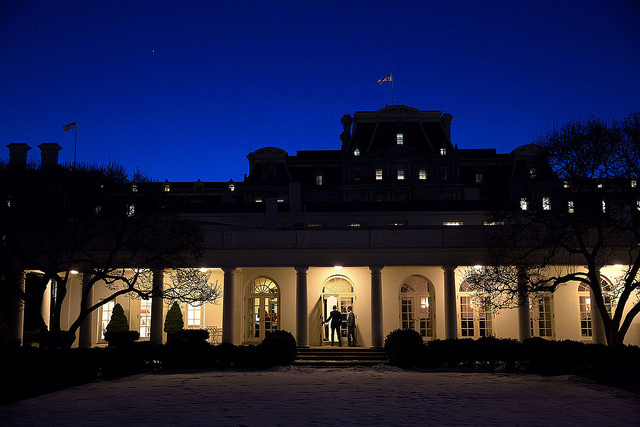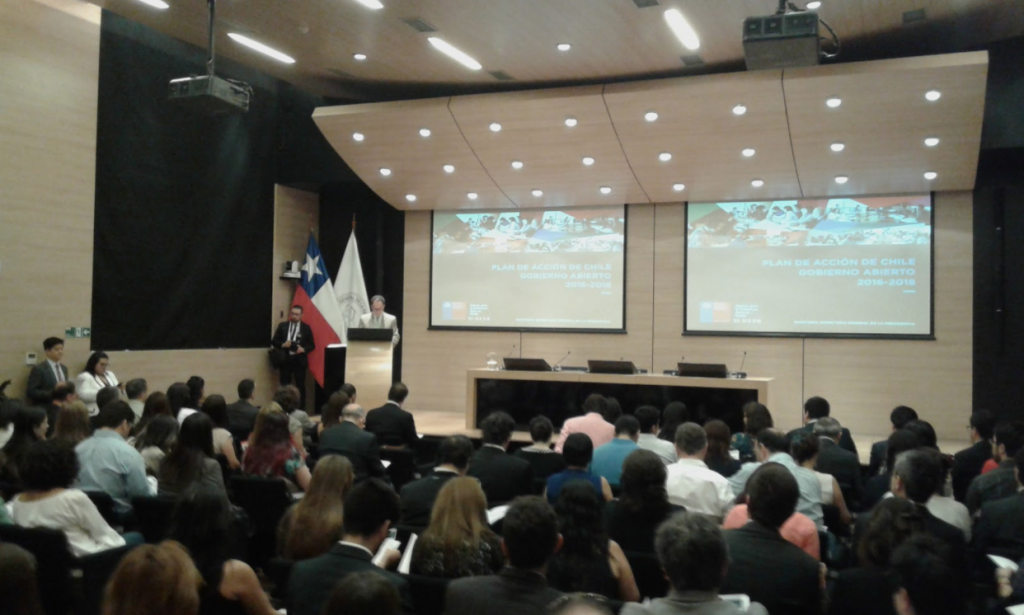 Presentation of Chile’s updated Open Government Action Plan by Werner Westermann, CC BY.
Presentation of Chile’s updated Open Government Action Plan by Werner Westermann, CC BY.
Werner Westermann is a fellow from our first Institute for Open Leadership, held in San Francisco in January 2015. He works at Library of the National Congress of Chile, and is involved in open education projects and advocacy in Chile and internationally.
The 2016 Open Education Conference (Open Ed) was an inspiring experience where I got the chance to meet individuals engaged in innovative and equitable open teaching and learning practices. I was happy to see that open pedagogy is now at the forefront of the OER movement – we see that creating and using OER is now a widely accepted way to improve educational outcomes. We also know that there’s a need to develop strong policies at all levels to promote and sustain OER efforts, especially in K-12 schools. To feed the policy rationale, more and different types of research need to be outlined, specifically those concerning efficacy and impact, which suited my contribution at Open Ed related to the ROER4D project perfectly.
Open Ed also provided the opportunity to connect with Institute for Open Leadership mentors and fellows from both cohorts. It was perfect timing to share an update on our commitments in advocating for open policy. I’ve been working with the Library of the National Congress of Chile to consider adopting an open policy.
After months of waiting, Chile released its 3rd Action Plan 2016-2018 for the Open Government Partnership (OGP). The plan outlines a commitment from the Library of National Congress of Chile entitled “Open Educational Resources for Civic Education” where the following resources will be openly licensed (CC-BY):
- Digital Citizenship Competence Framework: Conceptual definition of competencies organized in dimensions, described observable performance and level of achievement of each competency.
- Curricular and Extracurricular Digital Citizenship Plans composed of:
- Lesson plans and digital resources for the curricular subject of History, Geography and Social Sciences for the levels of 7th and 8th grade.
- Lesson plans and digital resources for an extra-curricular workshop for the development of cross-cutting fundamental objectives.
- Bank of Items for Online Evaluation System: A platform for public and permanent evaluation to measure the competences of digital citizenship.
- Teacher training module: Brief virtual training course (20 hrs.), designed for a self-instructional modality.
The inclusion of this open policy commitment in Chile’s OGP Action Plan is by far my biggest achievement so far in advocating for OER. I believe that the Institute for Open Leadership is a big reason for this success.
Thanks to my mentor Nicole Allen and her work, I recognized OGP as a relevant platform to promote open education policy. When I found out that the construction of Chile’s 3rd OGP Action Plan was going to be developed in part via a public consultation process, I made contact with the OGP officials in Chile related to the Secretary of the Presidency. Following the very clear pathway and recommendations set forth in the paper written by Nicole and Jan Gondol, I presented the benefits and potential for OER and Open Education and described how it made sense within the OGP framework. Initially, the OGP representatives were very skeptical. But I had a productive conference call with Jan from Slovakia and Jennryn Wetzler from the U.S. State Department, who shared with me their experiences incorporating OER into their national OGP Action Plans. After that call I had a solid plan for action.
I was invited to contribute to Chile’s OGP Action Plan with an institutional commitment, but I had doubts on the effectiveness of raising awareness about OER using this platform. Since Chile’s process only accepted institutional contributions, I decided to take the risk and engage my institution through a Digital Citizenship project I’m currently involved with. I was able to participate in the OGP roundtables, which were attended by ministries, governmental departments, and civil society organisations. At that time, the meetings were heavily oriented to open data issues related to environmental and energy concerns. But at the same time, there was some interest to explore the relation between education and open government, so I was happy to talk about the benefits and potential of OER within their broader open government framework.
The participants in the roundtable were receptive to the idea of incorporating open education commitments under the umbrella of our national OGP Action Plan. Later, the OGP convened the Ministry of Education in Chile, and I got the chance to meet and speak with high-level ministry officials in order to explain and advocate for the benefits of OER.
I could have never championed the inclusion of open education policies within our OGP Action Plan without the helpful support of the Institute for Open Leadership and the Open Policy Network. I strongly believe that the visibility of the resources committed in Chile is a strong start for ongoing OER support. On November 18, I will present the resources that we will be creating in a seminar hosted by the Council of Transparency, one of the governmental departments participating in the OGP roundtables.
At the institutional policy level, I would like to translate into Spanish the wonderful work done by IOL second-round fellows Amanda Coolidge and Daniel DeMarte, who this year drafted and released the OER Policy Development Tool. I could see this tool coming in handy with progress within my own institution, along with the already translated resources such as the Commonwealth of Learning’s OER Policy Template and Guidelines for Open Educational Resources in Higher Education. These resources can help to guide and support any institution to build a OER policy, and I can’t wait to deploy them.
There’s so much happening at the policy level in support of OER to improve teaching and learning. In 2017 there will be regional workshops in preparation for the OER UNESCO World Congress that will be held in September. Let’s keep up the fantastic work started by the Institute for Open Leadership. Let’s continue to help each other (and decision makers too) with information, educational resources, solid arguments, and useful research to make productive policy changes within our institutions and governments.
The post Open Education and Open Government in Chile appeared first on Creative Commons.
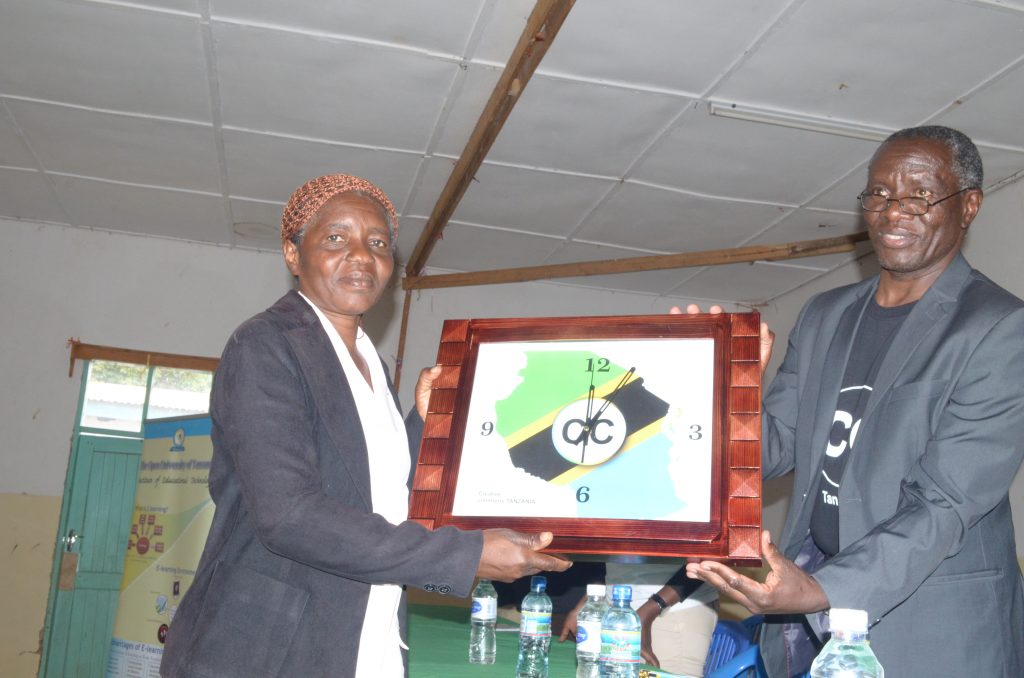
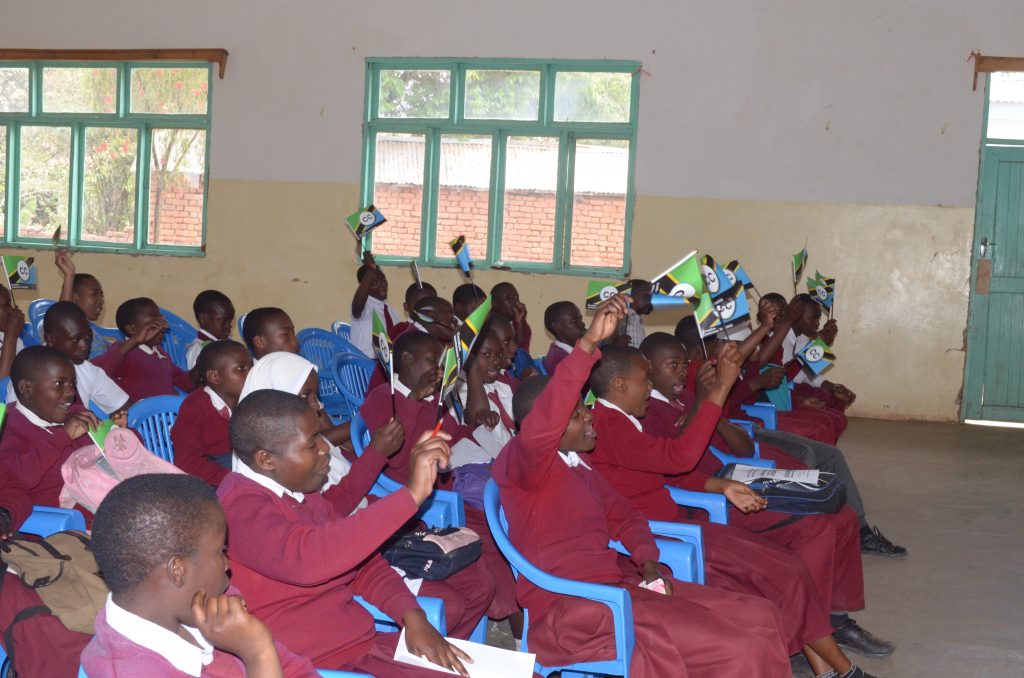
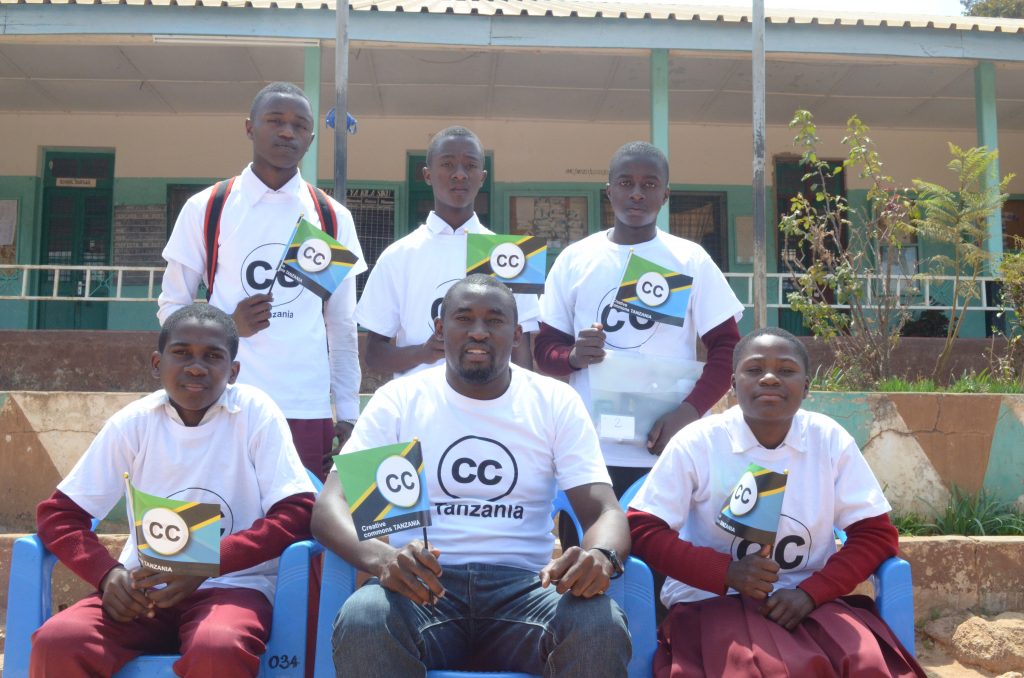
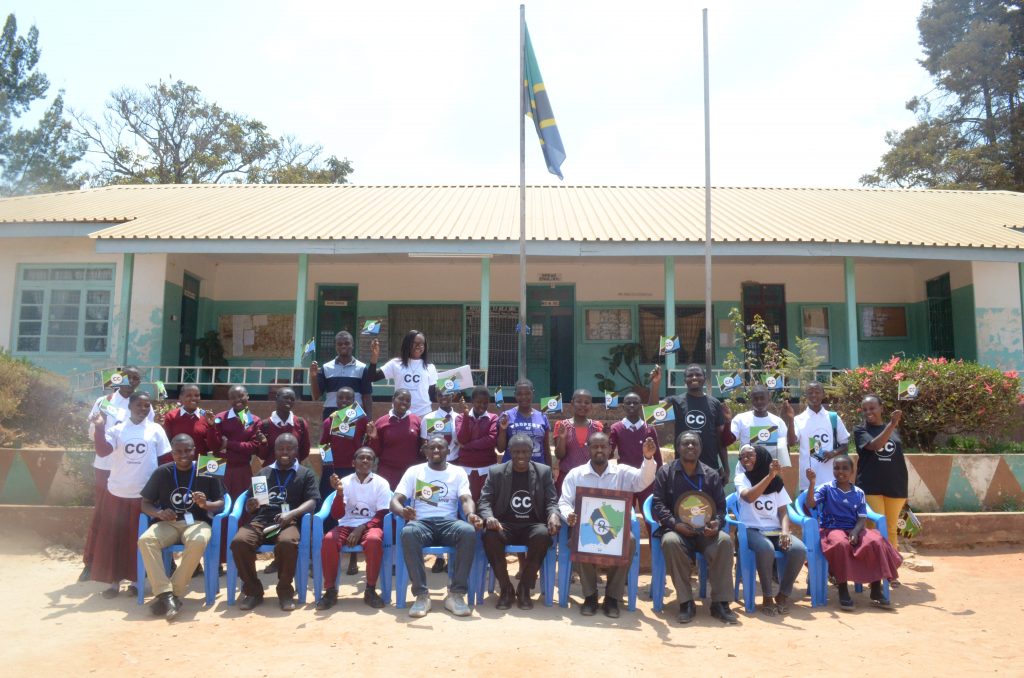
 Presentation of Chile’s updated Open Government Action Plan by Werner Westermann,
Presentation of Chile’s updated Open Government Action Plan by Werner Westermann, 
